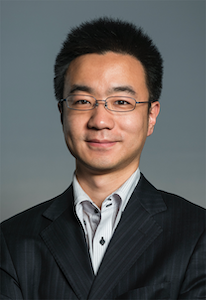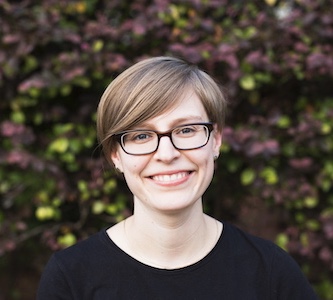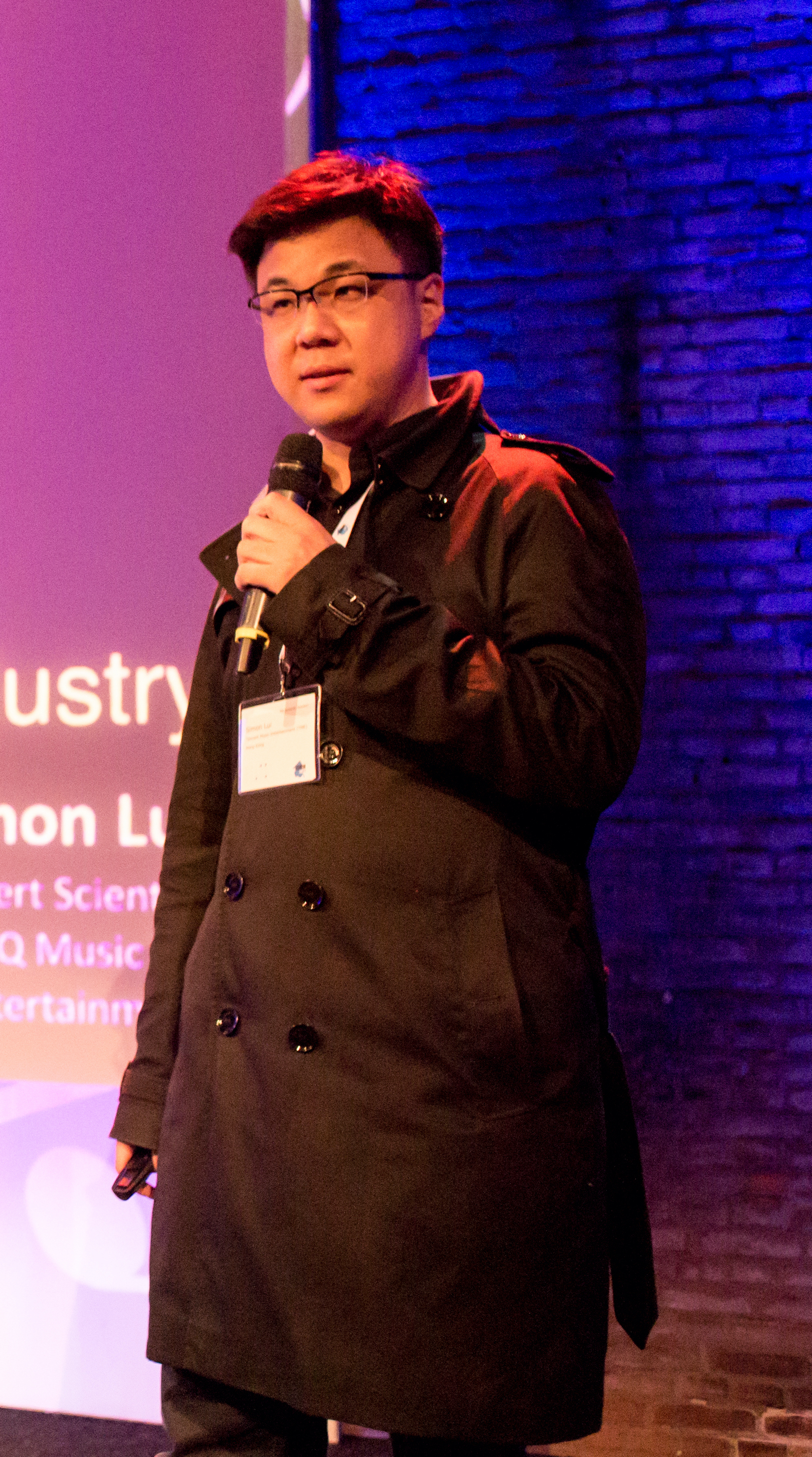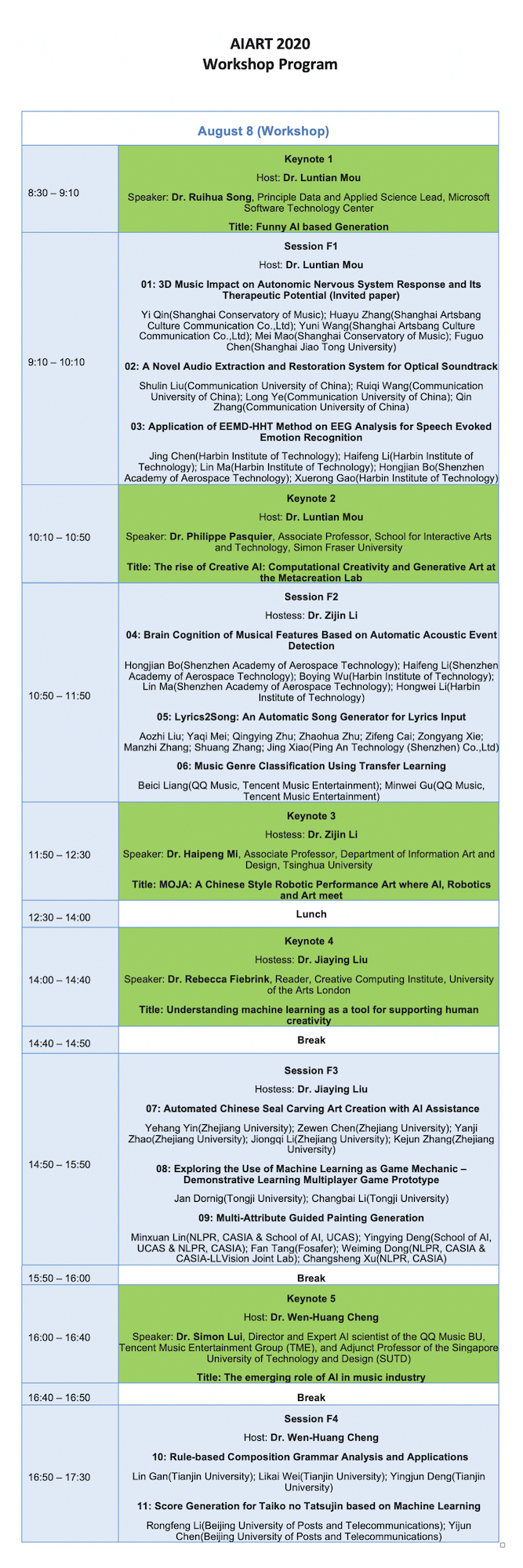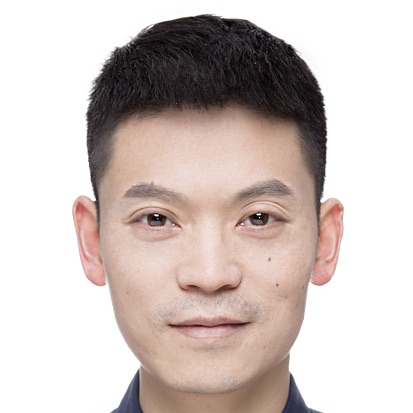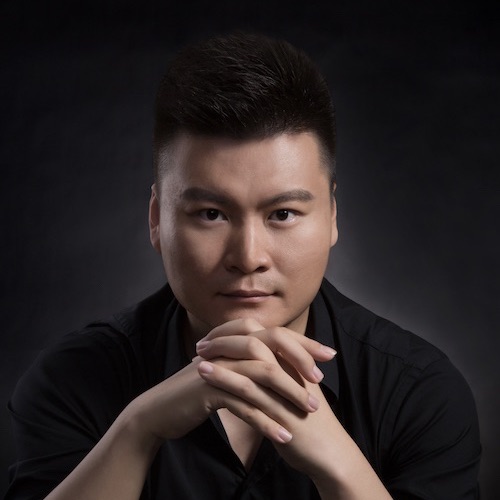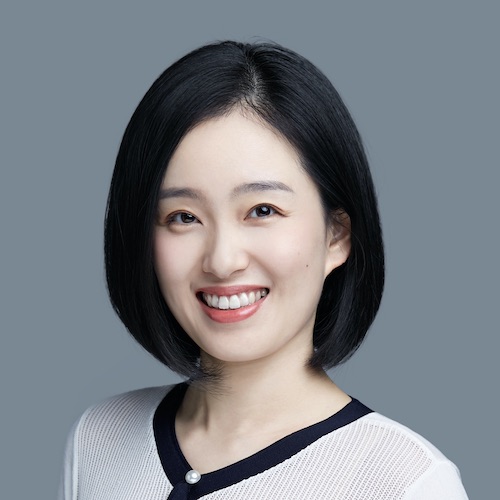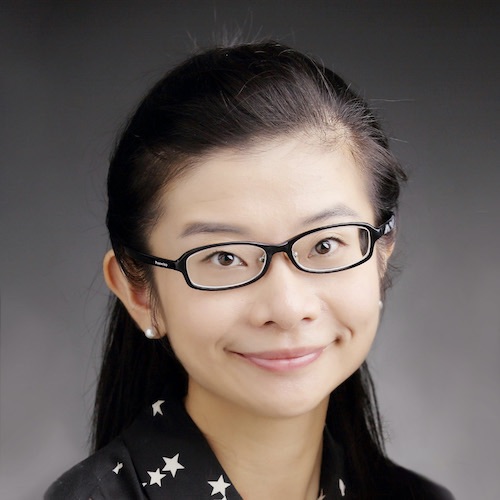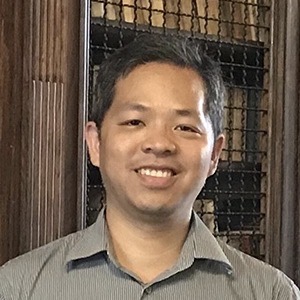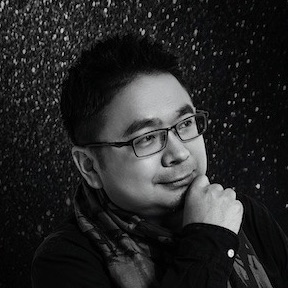Keynotes (1/5)
Keynote 1
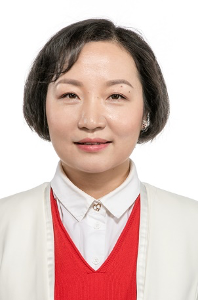
Title:
Funny AI based Generation
Time:
8:30 - 9:10, August 8, 2020
Abstract:
AI based creation enables an AI to be regarded as an independent creator. In this talk, I would like to introduce our recent research on the following aspects: 1) how an AI creates a poetry from an image, 2) how an AI creates a simile, 3) how an AI creates script lines from a narrative, and 4) how an AI creates a storyboard from a story. Please enjoy imperfect but funny creation works from AI algorithms.
Biography:
Dr. Ruihua SONG worked at Microsoft Research Asia from 2003 to 2017. Her research interests include information retrieval and extraction, recommendation and text generation. Her paper on web page block importance modeling got Best Paper Runner-up Award from WWW 2004. Her proposed generic main article extraction across websites algorithm was shipped as reading view features of IE 11. On May, 2017, the first poem collection that is 100% created by an AI was published. The book title is “Sunshine Lost Windows”. She contributes the generation algorithm from an image to a poetry. Later she joined Xiaoice team at Microsoft Software Technology Center as a principle science lead. Her recent research interests include AI based creation, modeling inner world of an AI (such as emotion, mood, stance, etc.), and multi-modal understanding or expression of natural language. She serves a lot of international conferences, such as SIGIR, CIKM, KDD etc. as Area Chair, Senior PC, or PC. She will be the co-chair of SIGIR 2021 short paper.

